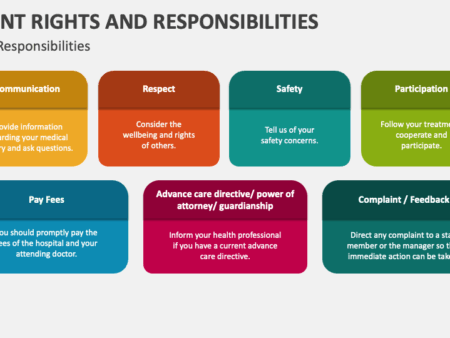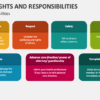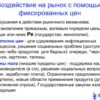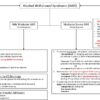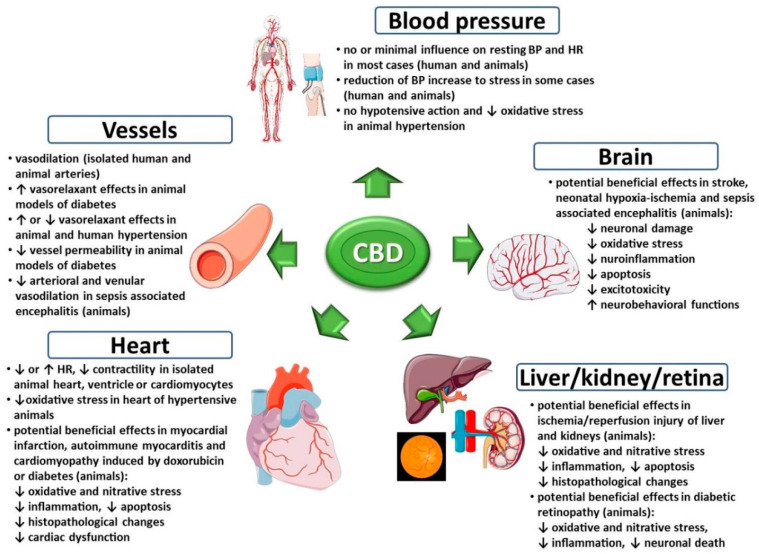
Scientists at Tula State University (TulSU) have developed a revolutionary method for predicting heart attacks and strokes by factoring in the impact of chronic stress. This patented innovation is set to significantly reduce mortality rates and enhance the prevention of severe cardiovascular events.
Cardiovascular diseases continue to be a leading cause of death globally. Chronic stress, defined as a prolonged state of tension where the body does not adequately recover, is a critical contributor to their development. However, until now, its substantial role in the progression of these conditions has largely been underestimated in conventional diagnostic practices.
For instance, the widely used SCORE scale for assessing cardiovascular risk typically considers only basic parameters such as gender, age, blood pressure, cholesterol levels, and smoking status, without integrating the crucial aspect of stress.
In a pioneering effort, TulSU specialists have created a unique technology that, according to them, objectively measures the influence of chronic stress on the likelihood of developing heart attacks and strokes.
The core of this novel approach is an indicator named `Stress Cardiovascular Risk` (SCR). Its formulation was achieved by mathematically correlating the incidence of heart attacks and strokes with a previously patented stress resistance index developed at TulSU.
The stress resistance index integrates key metrics from the cardiovascular, respiratory, and autonomic nervous systems, revealing their interconnected responses under stressful conditions, as explained by the research team. Data for its development was gathered from extensive examinations of over 2,500 individuals, utilizing a specialized Russian hardware-software complex.
Subsequent analysis of both fatal and non-fatal cardiovascular events (heart attacks and strokes) in these patients, spanning from 2014 to 2025, yielded compelling results. It was discovered that individuals with a low stress resistance index experienced cardiovascular crises significantly more often and had shorter life expectancies. These critical findings enabled the researchers to develop the new `Stress Cardiovascular Risk` formula.
Alexey Tokarev, Deputy Director for Research at the Medical Institute of TulSU and the study`s lead, elaborated: «Stress itself is a normal phenomenon of our daily lives. In most instances, the physiological changes triggered by adverse conditions are aimed at adaptation. Yet, chronic stress leads to increased blood clotting and the formation of atherosclerotic plaques, directly fostering the development of cardiovascular diseases.»
Moreover, chronic stress can also act as a catalyst for the adoption of unhealthy lifestyle habits, which further compounds the risk of cardiovascular illnesses.
The university`s experts advocate for the integration of this innovative technology into standard cardiovascular disease prevention programs, to be used alongside existing screening methods like cholesterol testing and blood pressure monitoring. They firmly believe that such an implementation will lead to improved public health outcomes and an increase in overall life expectancy.
This significant research builds upon years of foundational and experimental studies conducted by Professor Alexander Khadartsev of TulSU and received funding support from a grant provided by the government of the Tula region.

